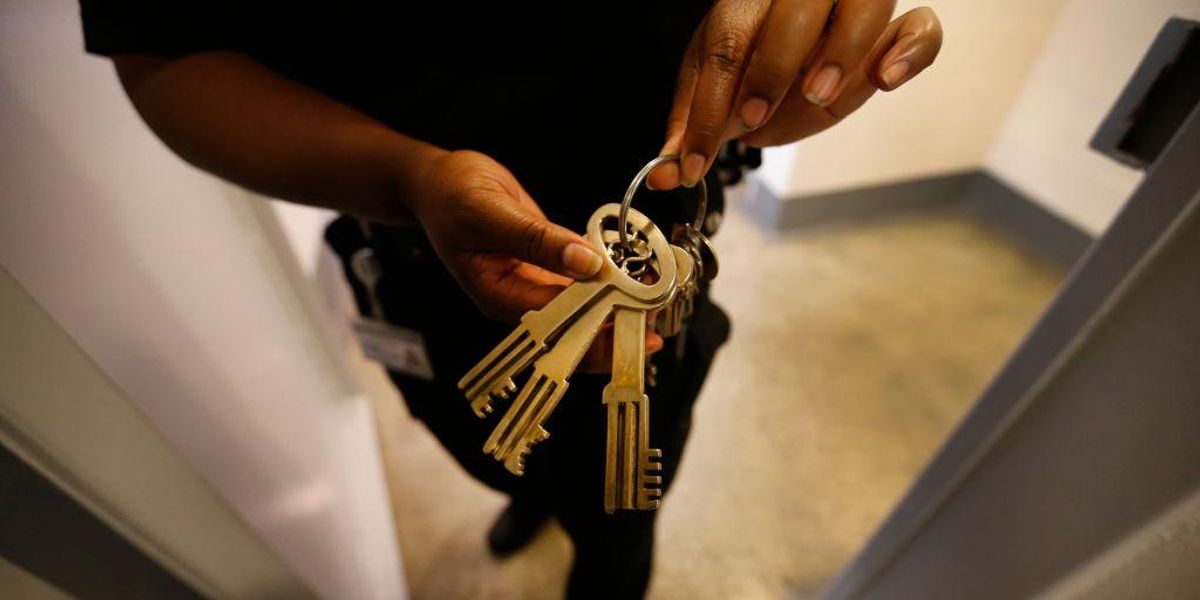The California Supreme ruled Monday that thousands of inmates convicted of nonviolent sex crimes are eligible for early release, the Associated Press reported.
The ruling was issued as the high court considered whether sex offenders should be excluded from Proposition 57, a voter-approved ballot measure passed in November 2016 aimed at reducing the state’s prison population. The measure called for inmates sentenced for nonviolent felonies to be eligible for early parole consideration.
“The initiative’s language provides no indication that the voters intended to allow the [Corrections] Department to create a wholesale exclusion from parole consideration based on an inmate’s sex offense convictions when the inmate was convicted of a nonviolent felony,” Chief Justice Tani Cantil-Sakauye wrote in the court’s unanimous decision.
“[The ballot measure] is not ambiguous concerning its scope regarding offenders who were previously convicted of a registerable sex offense or who are currently convicted of a registerable sex offense that the Department has itself defined as nonviolent,” the ruling continued.
Former California Democratic Gov. Jerry Brown, who sponsored the measure that would eventually go on to be approved by 64% of voters, has repeatedly argued that it was never meant to cover sex offenders. In line with Brown’s thinking, the state Department of Corrections and Rehabilitation has prohibited the parole board from considering early release for sex offenders since the measure’s implementation.
But on Monday, the state’s high court ruled that the department was wrong for doing so given the plain language of the proposition.
Now up to 20,000 inmates imprisoned for sex crimes classified as nonviolent under California law — such as pimping, engaging in consensual sex with a minor, and possessing child pornography — will be eligible for early parole consideration, according to Sacramento attorney Janice Bellucci, who argued the case.
The court, however, said the number of eligible inmates is actually much lower at 4,400. The majority of felons registered in the state’s sex offender database were convicted of violent crimes, though Bellucci said the classification of violent and nonviolent crimes is subject to change upon corrections officials rewriting their regulations.
According to the San Francisco Chronicle, Bellucci insisted “society will be safe” by noting that there are stringent safeguards to make sure inmates granted parole don’t go on committing more crimes. They are often monitored electronically 24 hours a day for years, sometimes even decades; they undergo counseling and rehabilitation programs; and they return to prison if they violate the terms of their parole.
Corrections Department spokeswoman Dana Simas also sought to ease concerns over the ruling, saying it “does not mean that sex offenders will automatically be released to the community,” only that they can appear before the parole board.
“[The board] will assess their case factors individually, including whether they continue to propose a public safety risk,” she added.
